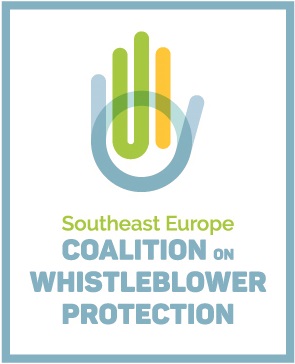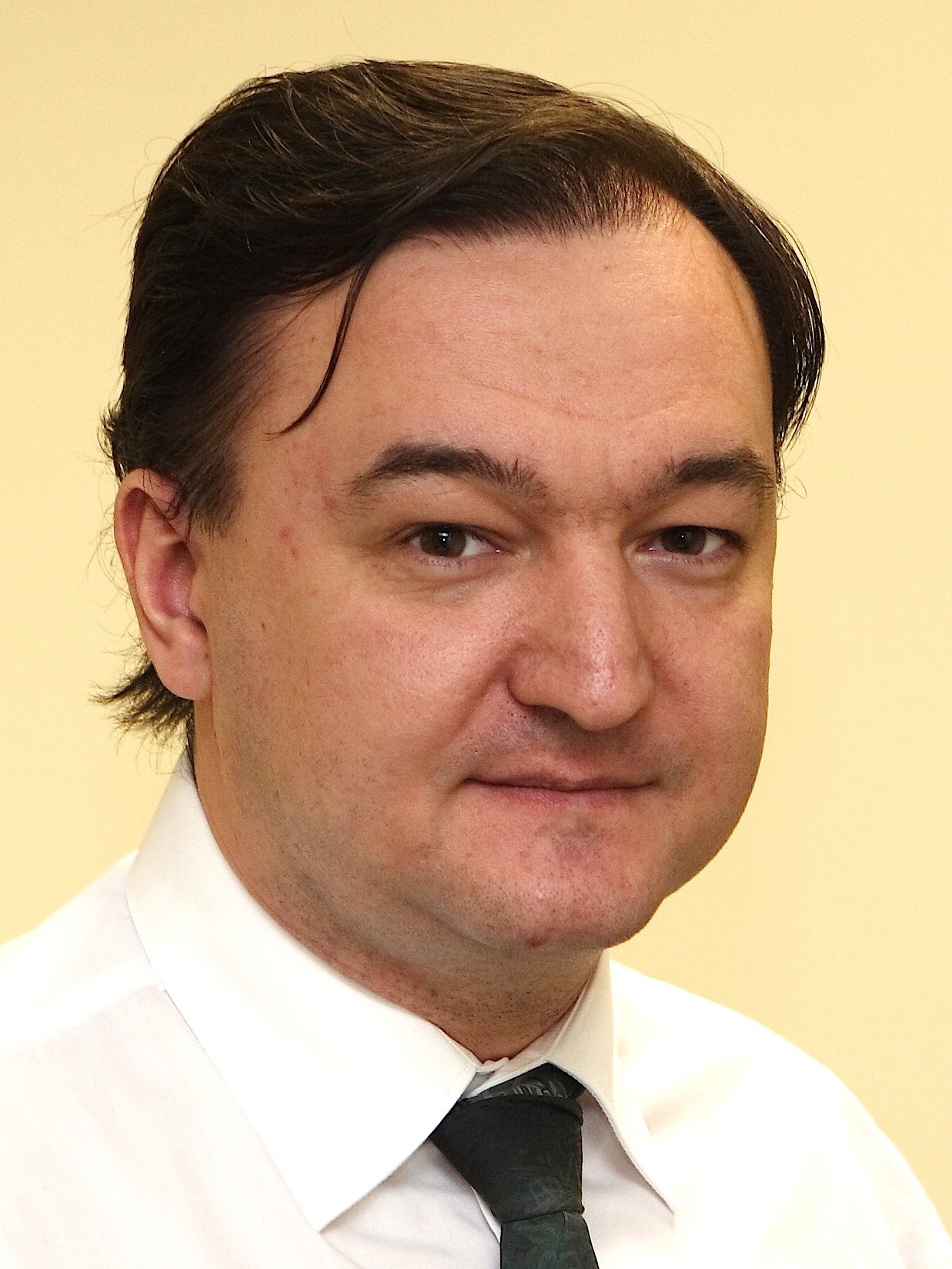Sergei Leonidovich Magnitsky, a Ukrainian-born in 1972. He worked as a tax advisor and auditor in Russia. Named for him, the Magnitsky Act was passed in the United States in 2012, by which all corrupt politicians and oligarchs in the world are prosecuted.
Goran Lefkov
Sergei Magnitsky was one of the biggest whistleblowers in Eastern Europe. He worked as a tax advisor for Hermitage Capital Management, where a large number of Russian politicians and oligarchs were clients. Faced with the daily embezzlement of public money by politicians in Moscow and throughout the Russian Federation, Sergei decided to report it.
In his investigation, the auditor concluded that police had provided materials taken during police raids on organized crime, which they used to take over three Russian companies at the Hermitage and fraudulently recovered $ 230 million from taxes previously paid by the Hermitage. He also claimed that the police accused the Hermitage of tax evasion only to justify police raids, so that it could take the necessary materials to hijack the Hermitage companies and commit tax evasion fraud. Magnitsky’s testimony involved the police, the judiciary, tax officials, bankers and the Russian mafia. Despite the initial rejection of his claims, Magnitsky’s substantial claim that the Hermitage had not committed fraud – but was a victim of it – was eventually confirmed. Before that, however, Magnitsky became the subject of an investigation by one of the officers against whom he had testified that he had been involved in the fraud.
According to Magnitsky’s investigation, the documents obtained by the Russian police in June 2007 were used to falsify a change in ownership of the Hermitage. The thieves used the forged contracts to claim that the Hermitage owed $ 1 billion to companies. Not knowing about the Hermitage, those claims were later confirmed by the judges.
The new owner, based in Tatarstan, turned out to be Viktor Markelov, a convicted murderer released two years after his sentence. The fake debt of the company was used to make the companies look unprofitable in order to justify the return of the $ 230 million tax that the companies paid when they were under the control of the Hermitage. The refund was issued on Christmas Eve 2007 and was the largest tax deduction in Russian history.
The Hermitage contacted the Russian government about the findings of its investigation. The money, which was the Hermitage’s, belonged to the Russian state. Instead of opening a case against the police and the thieves, the Russian authorities opened a criminal case against Magnitsky.
He was detained by the Russian police where he died on November 16, 2009. In total, Magnitsky served 358 days in Moscow’s Butyrka prison. He developed gallstones, pancreatitis and a clogged gallbladder and was denied medical attention. The Kremlin Human Rights Council found that he had been physically assaulted shortly before his death.
In 2012, the Barack Obama administration passed a law prosecuting corrupt politicians around the world and their collaborators. So far, no politician has entered from North Macedonia, convicted under the Magnitsky Act in the United States. However, last year, about 30 Bulgarian nationals, led by Delyan Peevski, a member of the Bulgarian parliament from the Turkish party and the main oligarch in the government of former Bulgarian Prime Minister Boyko Borisov, were indicted under this law and their property was blocked in the United States. Second on this list is the biggest gambling boss in Bulgaria, Vasil Bozhkov, who is on the run in the United Arab Emirates.





